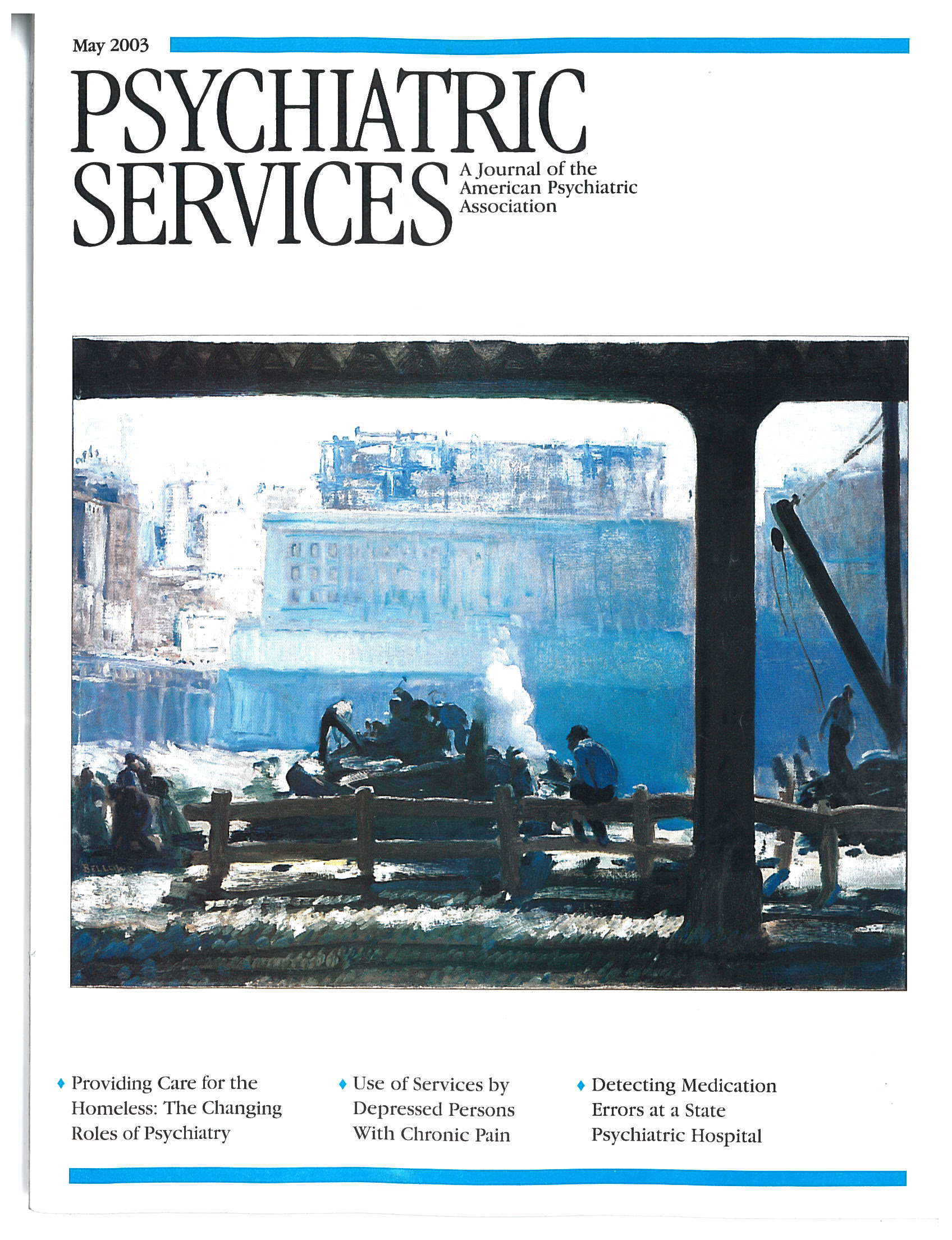Madness: A Brief History
This is a small, short, and very remarkable book. Roy Porter's stated purpose is to describe Western thinking about how to identify madness, how to understand its causes, and how to "cure or secure" those who suffer from it. With necessary brevity and clarity, he succeeds very well indeed.
Porter begins with a brief but effective summary of the "antipsychiatric" thinking of Thomas Szasz and others. He then summarizes the best responses from contemporary psychiatry. Throughout the book, he keeps alive a strong sense of unsettled controversy. For me, this unusual approach was extremely effective. Porter is articulate and superbly well informed, and his comfort and skill in elucidating divergent ideas and ideologies reflect his mastery of a number of contrasting lines of thought.
In Madness: A Brief History, Porter's descriptions of controversies, especially of controversies that touch on the basic validity of official psychiatric concepts, enlarge rather than diminish the historical participants. This book is more than anything else a history of ideas. Psychiatry, as Porter shows it to the reader, is a field full of very important ideas. I was surprised and impressed by his capacity to meaningfully discuss the implications of The Iliad, the holistic and naturalistic features of the Graeco-Roman humoral system, the influence of Cartesian dualism, and the materialism of Hobbes.
More practical issues also receive careful attention. Moral treatment is discussed in detail, as is the full history of institutions and institutionalization. Porter does a fine job of elucidating the history and the effects of the stigmatization of the mentally ill. He includes an interesting section on writings by patients. His chapter on the 20th century, appropriately titled "The Century of Psychoanalysis?" gives a brief summary of the most recent events.
I have one complaint to register. Although Porter includes useful listings of previous historical books, he is careless in delineating references for the particular quotations he uses. It took some detective work for me to find an excellent quotation from Hunter and Macalpine; this should have been cited by the specific work and page.
All in all, Madness: A Brief History is a superb introduction to its subject. For its length, it is incredibly informative. The book's style and viewpoint make it stimulating and even exciting.
Dr. Lynn is affiliated with the department of psychiatry of the University of Texas Medical Branch in Galveston.



